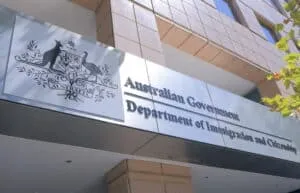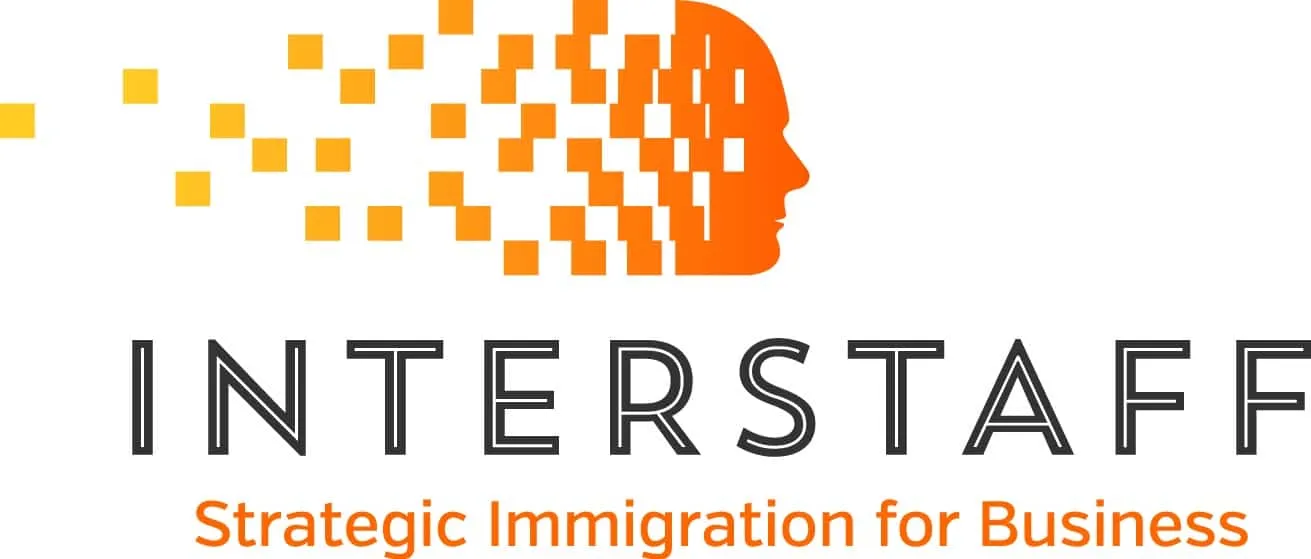What To Consider When The 408 Pandemic Event Visa Closes In 2024

The Subclass 408 Pandemic Event Visa will close on 1 February 2024, signifying the normalisation of the migration program after years of pandemic recovery efforts. The 408 Visa was originally intended to allow temporary visa holders to extend their stay for work in Australia if they had ‘critical skills’ or if their travel arrangements had been impacted by the COVID-19 pandemic.
Written by Sheila Woods (MARN: 0533879) of Interstaff 2 November
As skills shortages widened, it was later expanded to allow temporary visa holders from any industry to extend their stay for work in Australia, but the program was criticised in the media for being misused.
Businesses and skilled migrants that utilised the 408 Visa during the pandemic may now be wondering how the closure impacts their work arrangements. Here’s what you should know:
- What has changed? | Explainer of legislative instrument changes
- What this means for employers and current 408 Visa holders | Visa options to consider when the 408 Pandemic Event Visa closes in 2024
What is Changing? | Explainer of Legislative Instrument Changes
Under The Migration (COVID-19 Pandemic event for Temporary Activity (Subclass 408) visa) Amendment Instrument (LIN 23/061) 2023, Legislative Instrument LIN 22/046 has been amended with the effect of:
- Closing the 408 Pandemic Event Visa to new applications from 2 September 2023
- Closing to applications from current Pandemic Event visa holders from 1 February 2024
The instrument includes the below changes for 408 Pandemic Event Visas lodged from 2 September 2023 until the visa closure on 1 February 2024:
- At the time of application, a person must hold a 408 Pandemic Event Visa that expires in 28 days or less, rather than the previous 90 day period
- A stay of up to 6 months for new 408 Pandemic Event Visas instead of up to 12 months
- The introduction of a visa application charge
Applicants must be in Australia at the time of application, have evidence of their employment and maintain adequate health insurance for the duration of their stay. It is possible to include members of the family unit in the application.
What This Means For Employers And Current 408 Visa Holders | Visa Options To Consider
Current 408 Pandemic Event Visa holders may be able to extend their stay for work in Australia if they apply for a further 408 Pandemic Event Visa before it closes on 1 February 2024.
Should further work be required, employers and current 408 Visa holders should reconsider the skilled visa options that may be available. Employers need to ensure their workers continue to hold a visa with work rights to remain lawful in Australia.
A few of the most common temporary work visa options include the Subclass 482 Temporary Skills Shortage (TSS) Visa and Subclass 494 Regional Visa. Interstaff’s TSS 482 and 494 Visa Tool may help to provide some initial information about these visas.
Visa holders may wish to use this time to prepare for their next visa, as some options (for example, the Subclass 494 Regional Visa and General Skilled Migration GSM Visas) may require Skills Assessments, which could take several months to complete.
Applying for a further 408 Pandemic Event Visa, if eligible, could allow some time to prepare for such requirements.
Returning to Pre-Pandemic Levels of Population Growth
Earlier in the year, the government had ended other pandemic measures, including unlimited work hours for international students and work exemptions for Working Holiday visa holders.
The government expects that these measures will help to place downward pressure on Australia’s Net Overseas Migration, which is the net gain or loss of population through international migration to and from Australia.
In the year ending 30 June 2022, overseas migration contributed a net gain of 171,000 to Australia’s population while the government focused on post-pandemic recovery.
This represented a large increase in net overseas migration compared to the 2020-2021 financial year during the pandemic, which saw a net loss of 85,000 people.
Net Overseas Migration has been a contested topic in the media recently and the government now seems focused on returning to pre-pandemic levels of population growth.
Established in 1988, Interstaff has over 35 years of Australian visa and migration experience and provides strategic immigration advice to businesses and individuals Australia-wide and internationally. MARN: 0533879.
